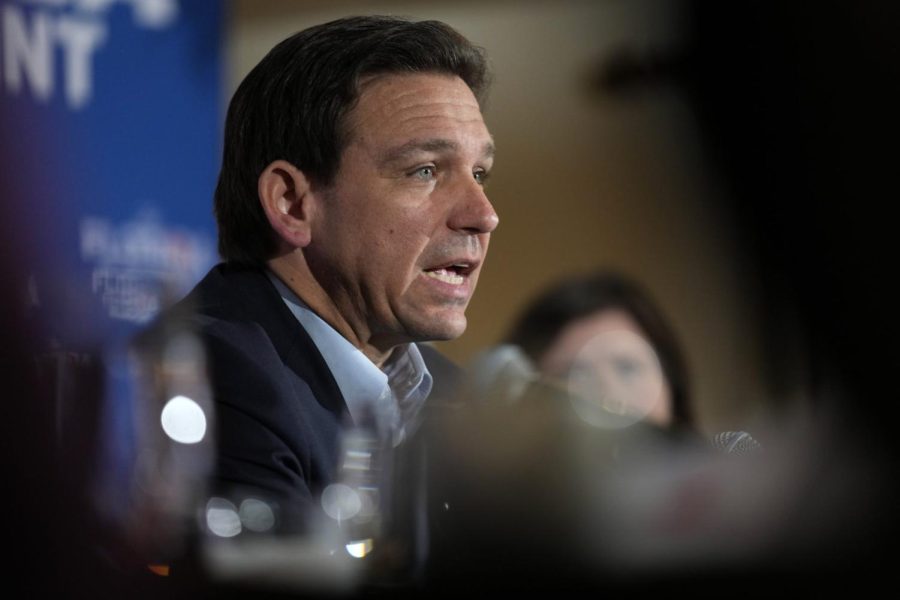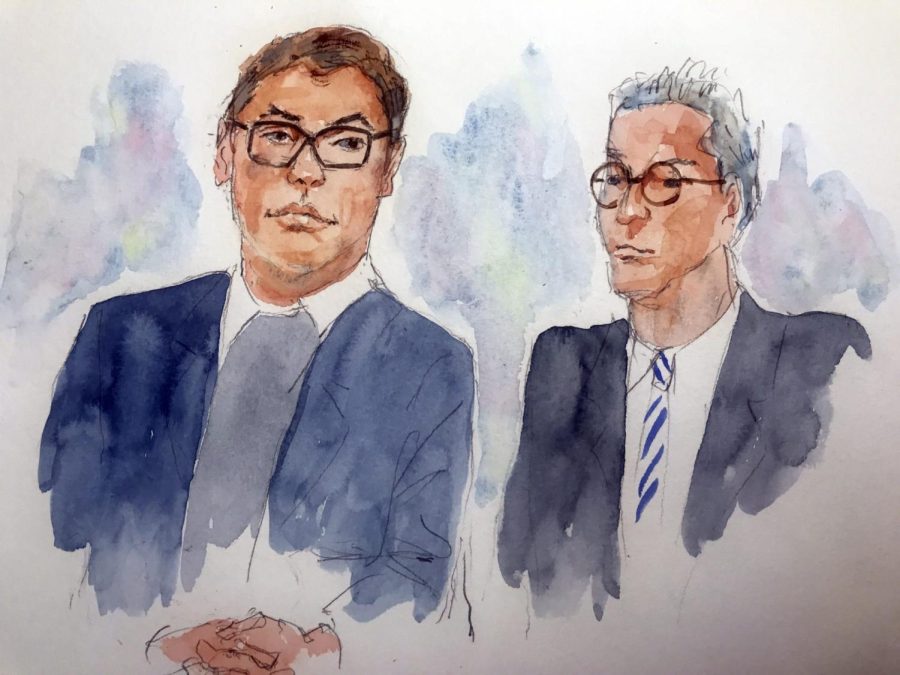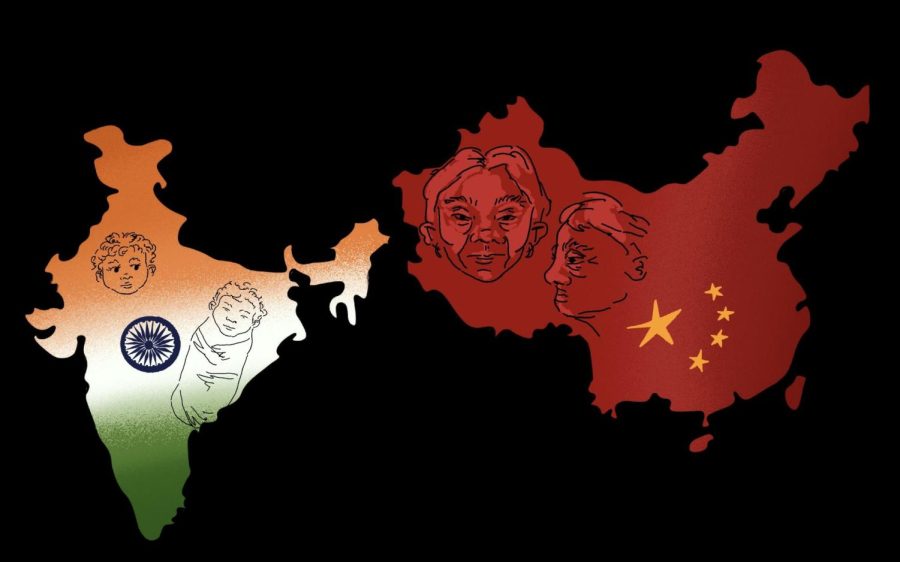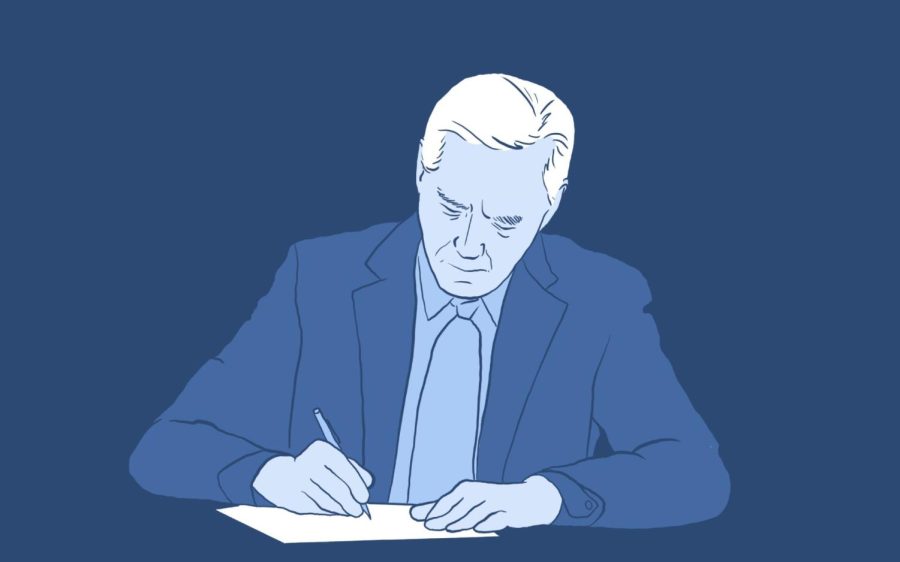People from across the world are watching the 66th session of the of the U.N. General Assembly as Palestinian President Mahmoud Abbas has made it clear he will seek recognition of a Palestinian state. Despite the United States’ declaration that it would veto such a request in the Security Council, President Abbas is determined to call a vote on the matter this week.
“You can’t be angry at the Palestinians for how they feel,” said Jackie Heidegger, a sophomore psychology major. “They just want to be recognized as a nation.”
The specifics of Palestine’s request for statehood reveal part of the conflict: Its leaders demand re-establishment of Palestine’s control over East Jerusalem, the West Bank and the Gaza Strip, which has been occupied by Israel since the 1967 Six-Day War. Israel has proceeded to build settlements in the West Bank, which has resulted in violence and terror along the border.
“[Palestine’s request] is not unreasonable at all,” said Matthew Abraham, a writing, rhetoric and discourse professor at DePaul. “In fact, it is consistent with the dictates of international law, specifically U.N. 242.”
Many Palestinians see the vote as a way to take action towards statehood, as the U.S. brokered negotiations have not resulted in a viable solution with Israel.
“The reason they are asking for recognition is because the peace process with Israel, mediated by the United States, has not yet produced a state,” said Khalil Marrar, a political science professor at DePaul. “Their request for statehood has to do with frustration with the failed rounds of the peace process.”
Many people do not realize how the Israel-Palestine conflict is part of the foundation of many problems in the Middle East.
“Israel has been used as the proverbial boogeyman of the Middle East by every dictator and terrorist organization,” said Marrar. “If we solve the Israeli-Palestinian conflict, the lynch pin for their existence disappears. Twenty-two Arab states have offered peace to Israel in return for peace with the Palestinians.”
A BBC poll even shows that 49 percent of citizens across 19 different countries say their country should support Palestine’s bid while only 21 percent said they should oppose. Nonetheless, the biggest impact has and will continue to come from the United States.
“Over the last 44 years, the United States has not acted as a ‘neutral broker’ in the international quest for bringing peace to the Israel-Palestinian conflict,” said Abraham. “The failures of the Oslo agreement in 1994 and the Camp David talks in 2000, as well as subsequent negotiations with the United States and Israel, have confirmed for Palestinians living under occupation that the peace process has not been about securing the future of the Palestinian people.”
According to President Barack Obama’s speech to the United Nations General Assembly on Wednesday, Sept. 21, the main objective is peace for both Israel and Palestine. His stance was that the situation cannot be resolved by votes in the United Nations. The answer must come from continued negotiations between the two countries.
“Each side has legitimate aspirations,” said Obama. “And that’s part of what makes peace so hard. And the deadlock will only be broken when each side learns to stand in the other’s shoes, each side can see the world through the other’s eyes. That’s what we should be encouraging. That’s what we should be promoting.”
Obama’s speech received mixed reviews. Israeli leaders were glad that the president stood by their side while Palestinian leaders were seen shaking their heads.
“I believe the president’s speech was very appropriate regarding the topic,” said Heidegger. “The Israel-Palestine conflict is a sensitive subject for many people, so he did well by emphasizing the importance of peace.”
Although Obama’s speech made a push for Palestine to disregard its desire for the United Nations to vote on its bid for statehood, it is determined to proceed. Once Palestine’s request is brought to the Security Council, the U.S. will veto it.
“Even though (the veto) is a fair action at the U.N., I think it’s terrible policy and basically negates our approach to peace and stability in the region as outlined by President Bush’s Road Map for Peace and President Obama’s vision of peace between Israel and its neighbors with a Palestinian state,” said Marrar.
After their proposal is vetoed, Palestinians have the option of taking the matter to the U.N. General Assembly, which would require a two-thirds majority vote for Palestine to be recognized as a state. This vote, however, would just grant Palestine observer status because only the Security Council can grant it membership.
After the proposal is vetoed, President Abbas has the option of bringing the matter up to the U.N.
Even though Obama has stuck by the decision to veto, he has received enormous criticism by Republicans for not standing by Israel strongly enough. In May, President Obama stated that through negotiations Israel should allow Palestine to reacquire its pre-1967 borders.
“Obama has been more of a friend of Israel than any president in recent history,” said Marrar. “His friendship is genuine in that friends not only praise friends when they are right, but they also criticize them when they are wrong.”







